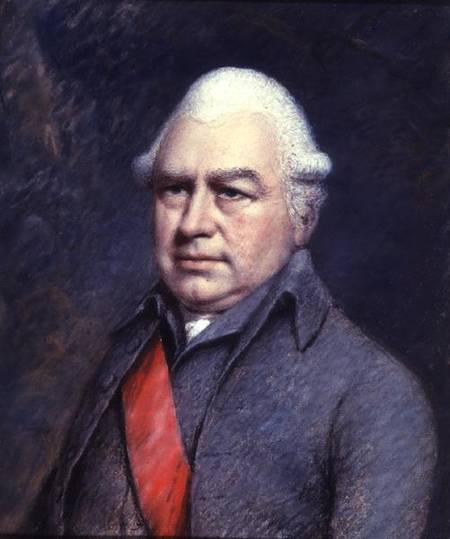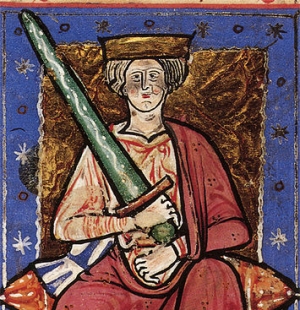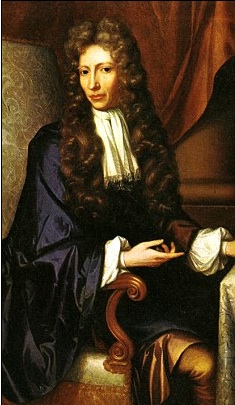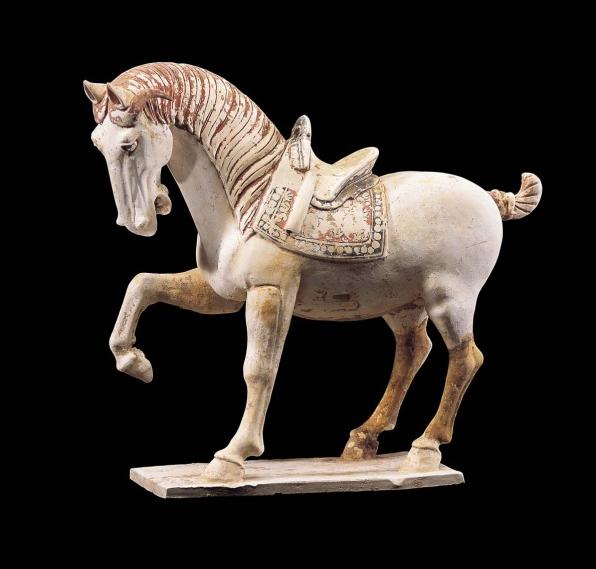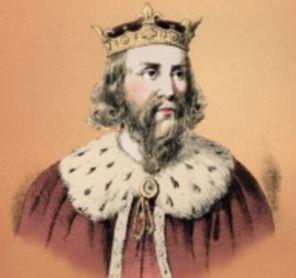Banks was a British explorer and naturalist who, as long-time president of the Royal Society, became known for his promotion of science.
Joseph Banks was born on 13 February 1743 in London. His passion for botany began at school. From 1760 to 1763 he studied at Oxford University, during which time he inherited a considerable fortune. In 1766, Banks travelled to Newfoundland and Labrador, collecting plant and other specimens. The same year he was elected a fellow of the Royal Society.
In 1768, he joined the Society’s expedition, led by Captain James Cook, to explore the uncharted lands of the South Pacific. The expedition circumnavigated the globe and visited South America, Tahiti, New Zealand, Australia and Java. Banks collected an enormous number of specimens on the way and, on his return, his scientific account of the voyage and its discoveries sparked considerable interest across Europe.
Banks was interested in plants that could be used for practical purposes and be introduced into other countries for possible commercial use. After he became president of the Royal Society in 1778, he promoted the career of many scientists and in his capacity as director of the Royal Botanic Gardens at Kew, sent many botanists abroad to find new plants and extend the Gardens’ collection.
In 1781 Banks was made a baronet, and in 1795 received the order of Knight Commander of the Bath. Two years later he was admitted to the privy council. In 1793, his name was given to the Banks Islands, a volcanic group of islands near Vanuatu in the Pacific. These were explored and named by Captain Bligh – Banks had helped arrange a previous expedition of Bligh’s on HMS Bounty, which had ended in the famous mutiny.
Banks died on 19 June 1820.
Credit:
BBC

